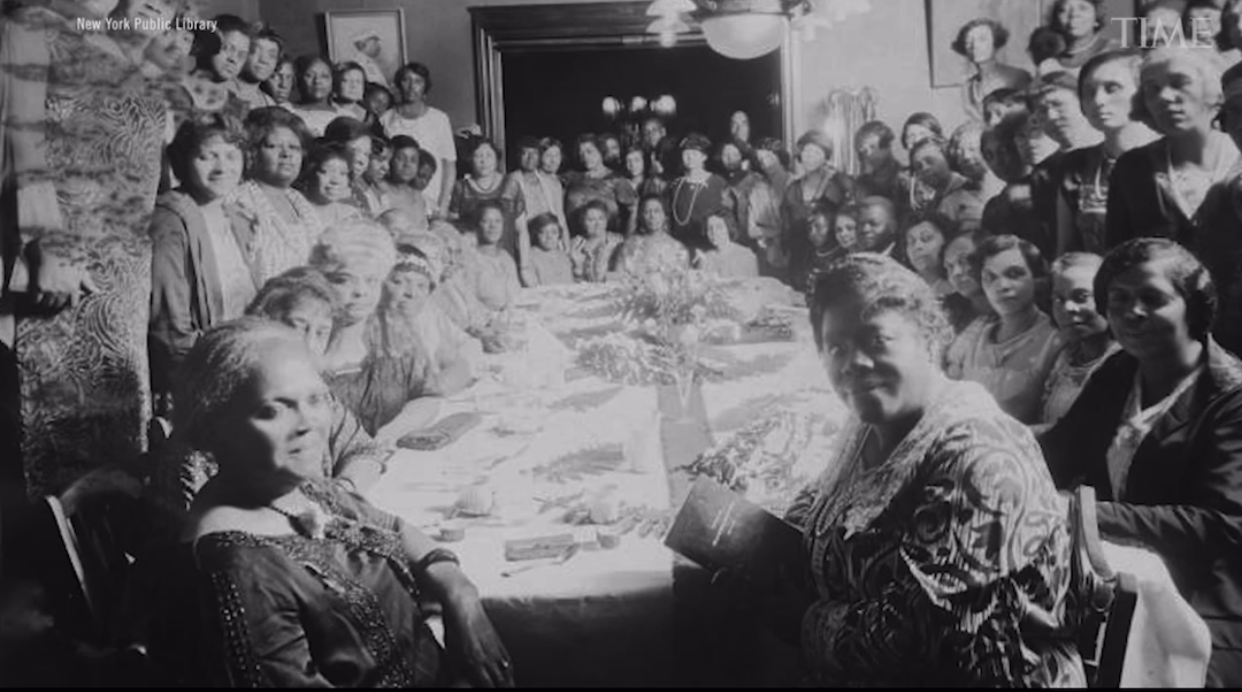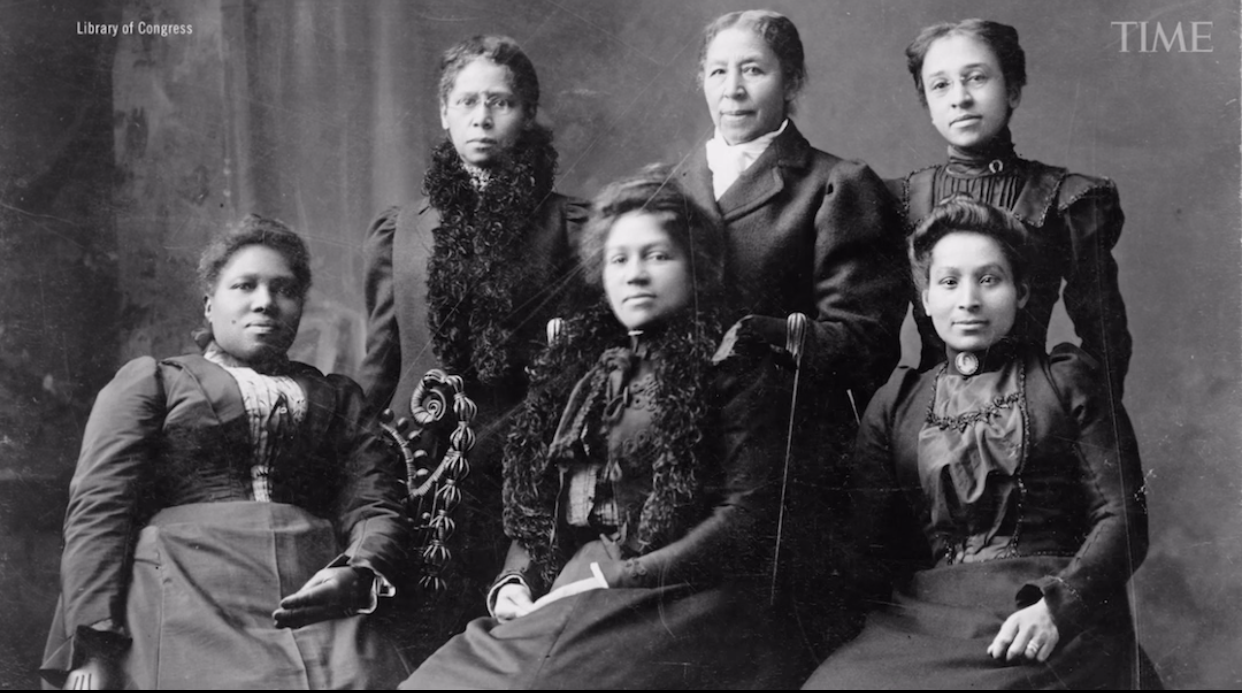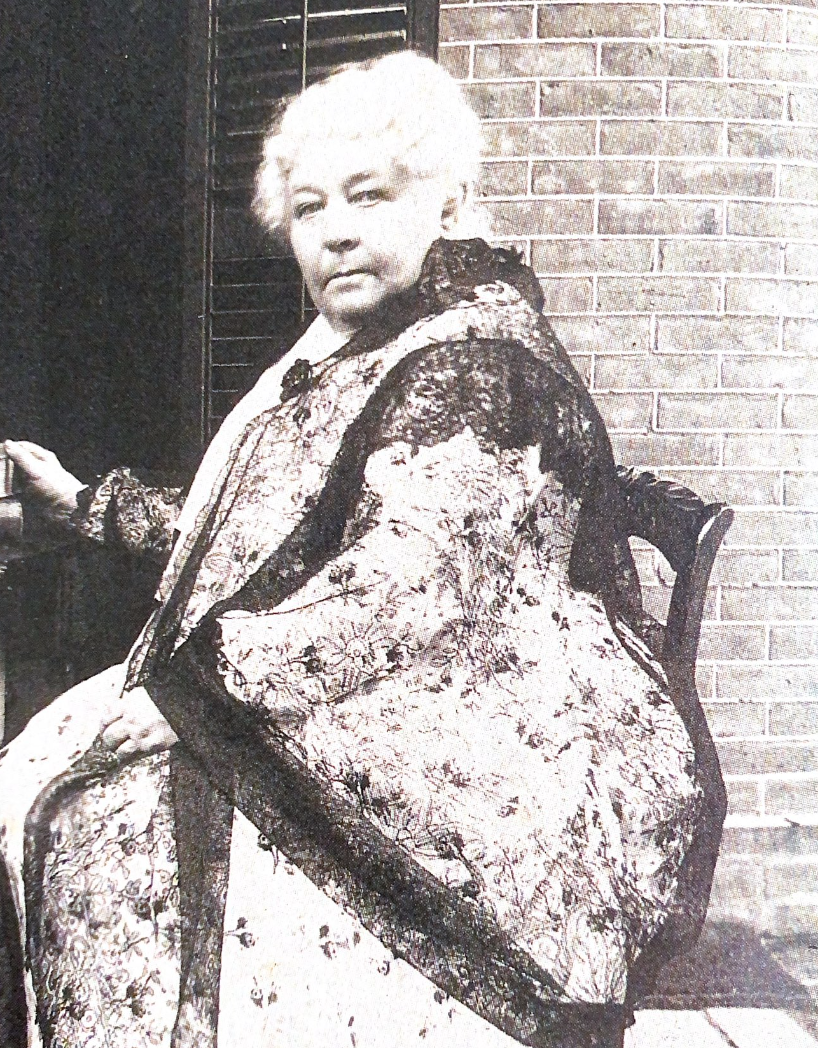"For African American women who had been organizing inside churches and other places since the 20s and 30s, this was not a particularly important moment, nor was it a meeting they would have attended. Nor were the demands that they made particularly germane to the lives of women living under the twin oppressive forces racism and sexism. "
~ Courtesy of “The History of Seneca Falls You Didn't Learn in School.”
Racist Sentiments
"When suffragists gathered in Seneca Falls, New York, in July 1848, they advocated for the right of white women to vote. The participants were middle and upper-class white women, a cadre of white men supporters and one African-American male — Frederick Douglas. No Black women attended the convention. None were invited. "
~ Courtesy of "Brown, Tammy L."

Courtesy of “The History of Seneca Falls You Didn't Learn in School.”

Courtesy of “The History of Seneca Falls You Didn't Learn in School.”
"While they fought and advocated for the right to vote for all women, they were mistreated within the larger suffrage movement because of their race. "
~ Courtesy of "The History of Seneca Falls You Didn't Learn in School."
"She demanded — in the true liberal tradition — access to the mainstream of American society in terms of professions, education, law, politics, property and so on. But when she said 'women,' I think ... that she primarily had in mind women much like herself: white, middle-class, culturally if not religiously protestant, propertied, well-educated. And my disagreement with Stanton is that she ... came to see women like herself as more deserving of rights than other people."
~ Courtesy of "For Stanton, All Women Were Not Created Equal."

Courtesy of "Not for ourselves alone: The story of Elizabeth Cady Stanton and Susan B. Anthony."
"[Stanton] didn't just stand on the moral high ground. She also descended to some rather ugly racist rhetoric along the lines of, 'We educated, virtuous white women are more worthy of the vote.' ... She talked about how much worse black men would be as voters than the white women about whom she was concerned, and she was really quite dismissive of black women's claims. .. "
~ Courtesy of "For Stanton, All Women Were Not Created Equal."
"Elizabeth Cady Stanton [...] and Susan B. Anthony, along with some allies, begin to write the History of Women's Suffrage. And when they do, not surprisingly, perhaps, they privilege their own experiences and they sette on Seneca Falls as their origin story. "
~ Courtesy of "The History of Seneca Falls You Didn't Learn in School."
Courtesy of "Not for ourselves alone: The story of Elizabeth Cady Stanton and Susan B. Anthony."
"During her famous speech on the abolition of slavery and the promotion of women’s rights, Truth allegedly bared her breast and proclaimed, "Ain't I a Woman?" The history of women’s suffrage in America is not nice or neat, because the impact of white supremacy is broad and human nature is messy. Furthermore, a nation built on stolen land from Native Americans and stolen labor from African slaves is flawed from the start. We must constantly acknowledge this truth and engage in an intersectional celebration of women’s rights activists and landmark events."
~ Courtesy of "Brown, Tammy L."
Second Wave Feminism and Today